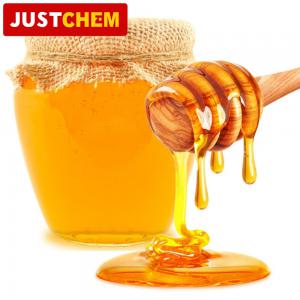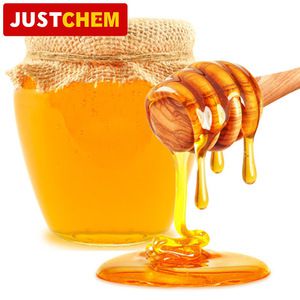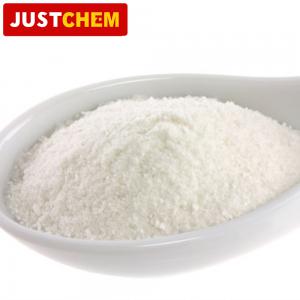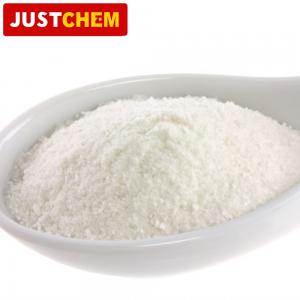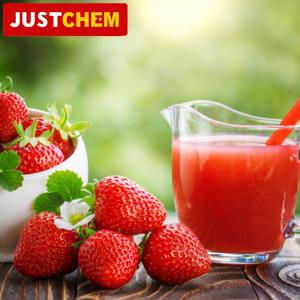| Product Name | Maltitol Liquid |
| CAS No. | 585-88-6 |
| EINECS No. | 209-567-0 |
| MF | C12H24O11 |
| Appearance | Colorless Liquid |
| Grade | Food Grade |
| Weight | 25KG/bag/ctn/drum |
| Shelf Life | 2 years |
| Certification | Haccp,Kosher,Halal,Iso |
| Packing | 25KG/bag/ctn/drum |
Maltitol Description
Maltitol is a sugar alcohol (a polyol) used as a sugar substitute. It has 75-90% of the sweetness of sucrose (table sugar) and nearly identical properties, except for browning. It is used to replace table sugar because it is half as caloric, does not promote tooth decay, and has a somewhat lesser effect on blood glucose. In chemical terms, maltitol is known as 4-O-α-glucopyranosyl-D-sorbitol.
Specifications OF Maltitol Liquid
| Solid Substance: | 75% min. |
| Water Content: | 25% max |
| PH in Solution: | 5~7.5 |
| Assay(Maltitol): | 50% min. |
| Sorbitol: | 8% max. |
| Reducing Sugars: | 0.30% max. |
| Ash: | 0.10% max. |
| Chloride: | 50ppm max. |
| Sulphate: | 100ppm max. |
| Heavy Metals | 10ppm max. |
| Nickel: | 1ppm max. |
| Lead: | 1ppm max |
| Total plate count:: | 1000/g max. |
| E.Coli: | Negative |
| Salmonella: | Negative |
Specifications OF Maltitol Powder
ITEM | STANDARD | RESULTS |
| Appearance | White crystal powder | Complied |
| Taste | Typically sweet with no foreign taste | Complied |
| Odour | No foreign odours | Complied |
| Assay | 99%-101% | 99.60% |
| Related products | ≤1% | 0.40% |
| Water content | ≤0.5% | 0.09% |
| Reducing sugar | ≤0.1% | 0.03% |
| Specific rotation | +105.5°~ +108.5° | 106.5° |
| Melting point | 148°C--151°C | 149.5°C |
| Chloride | ≤50 ppm | <50 ppm |
| Sulfate | ≤100 ppm | <100 ppm |
| Lead | ≤0.5 ppm | <0.5 ppm |
| Nickel | ≤0.5 ppm | <0.5 ppm |
| Arsenic | ≤0.5 ppm | <0.5 ppm |
| Heavy metals | ≤10 ppm | <10 ppm |
| Sulfated ash | ≤0.1% | 0.02% |
| Conductivity | ≤ 20us/cm | Complied |
| Viable counts | ≤20cfu/g | 10 cfu/g |
| Yeast | ≤10cfu/g | <10 cfu/g |
| Moulds | ≤10cfu/g | <10cfu/g |
| Coliform organisms | Negative in 25g | Complied |
| Salmonella | Negative in 25g | Complied |
MESH SIZE | 20-80MESH |
Applications OF Maltitol
Maltitol's high sweetness allows it to be used without being mixed with other sweeteners. It exhibits a negligible cooling effect (positive heat of solution) in comparison with other sugar alcohols, and is very similar to the subtle cooling effect of sucrose. It is used in candy manufacture, particularly sugar-free hard candy, chewing gum, chocolates, baked goods, and ice cream. The pharmaceutical industry uses maltitol as an excipient, where it is used as a low-calorie sweetening agent. Its similarity to sucrose allows it to be used in syrups with the advantage that crystallization (which may cause bottle caps to stick) is less likely. Maltitol may also be used as a plasticizer in gelatin capsules, as an emollient, and as a humecta.
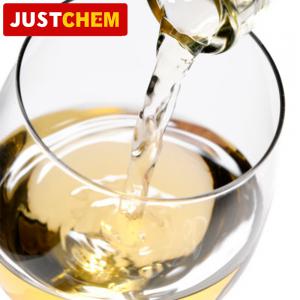
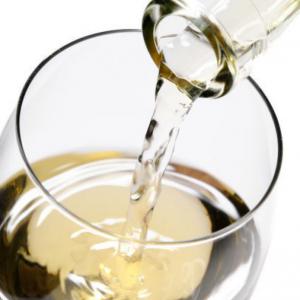

 China
China